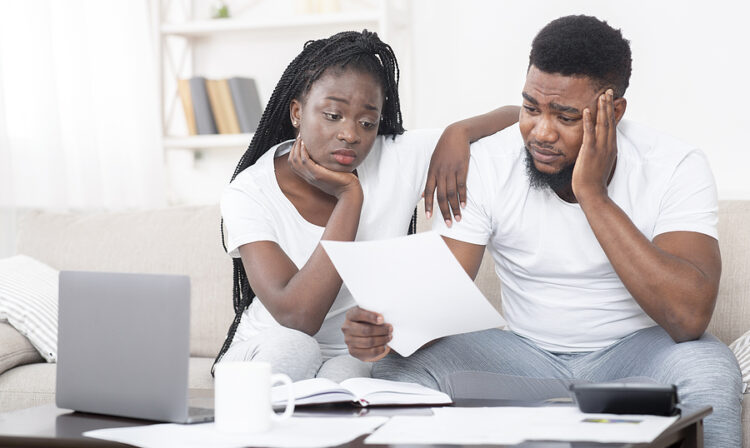Black families have been harder hit financially by the pandemic, and that’s created setbacks for many who hope to become homeowners – the culprit is mortgage denial rates, according to Zillow.
A Zillow analysis of data from the Home Mortgage Disclosure Act (HMDA) shows that while overall denial rates have decreased, Black mortgage applicants are increasingly more likely than white borrowers to be denied a mortgage.
Black applicants are denied a mortgage at a rate 84% higher than white applicants — a big jump from 2019 when the disparity was 74%.
Overall, nearly 20% of Black Americans who applied for a mortgage in 2020 were denied, representing the highest denial rate for any racial or ethnic group. In contrast, 10.7% of white applicants were denied a loan in that year.
Regionally, denial rates were higher in the South. The highest denial rate was in Mississippi, where 31% of these prospective borrowers have declined a loan, followed by Louisiana (26.1%), Arkansas (26%) and South Carolina (25.8%).
Related Story: NYPD Sees Increase In Minority Applicants For June Exam
“Homeowners have seen a plethora of housing gains during the pandemic, but the growing disparity between Black and white homeownership rates and home values paints the picture of who those winners actually are,” said Zillow economist Nicole Bachaud. “While credit borrowers overall are stronger now than ever, the gap in credit access is growing along racial lines. Policies and interventions that target the barriers keeping Black Americans from homeownership are keys to achieving housing equity.”
The study also found that Black applicants purchase less-expensive homes than any other race. In 2020, the median property value was $225,000 for Black applicants and $275,000 for all other applicants. Down payments from Black applicants were $16,600 less than the overall median down payment in 2020, according to Zillow.
Zillow’s analysis did contain one silver lining for Black Americans: Those who have purchased homes have enjoyed a faster rate of home-value growth. Black-owned homes grew in value at a rate that was 1.5 percentage points higher than the national average as of October.















